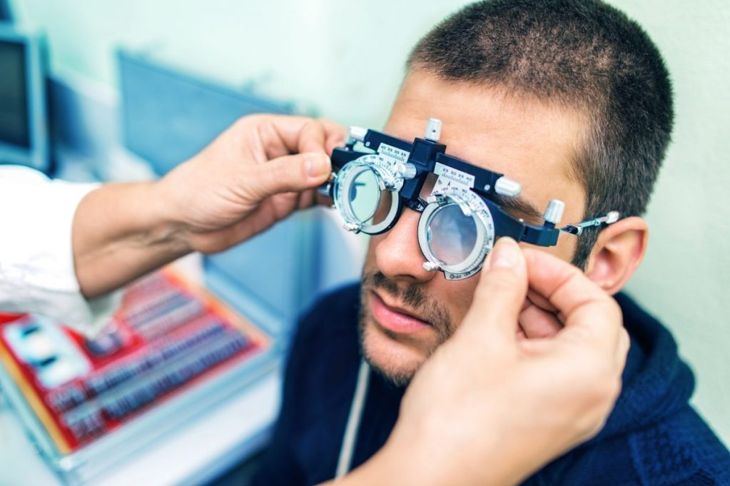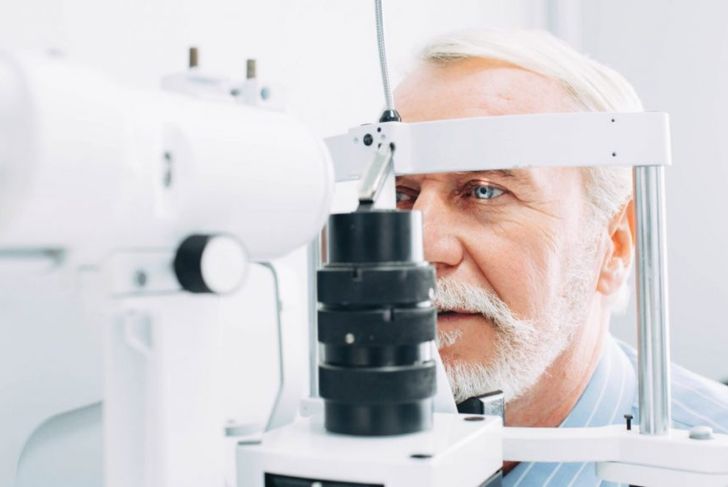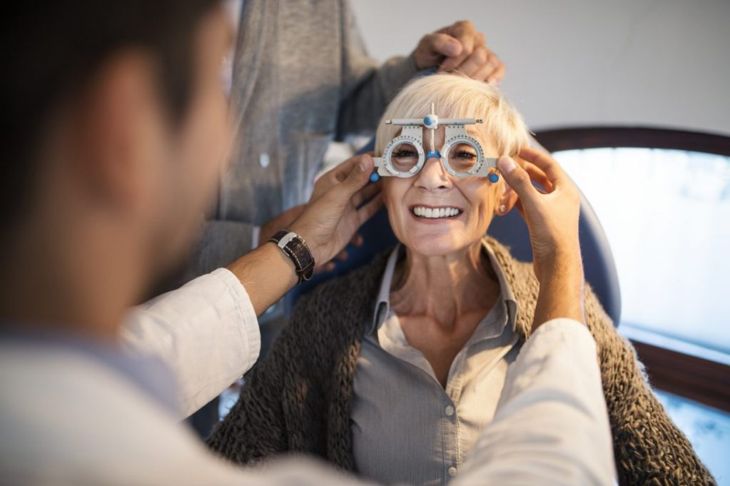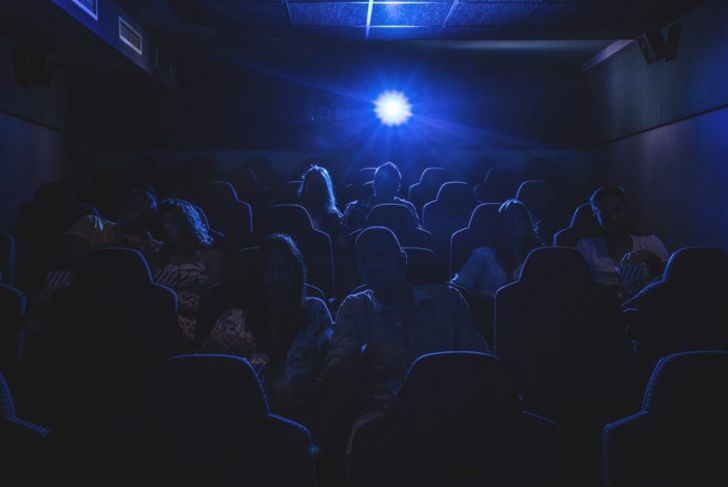Nyctalopia or night blindness is not a disease itself, but it usually indicates another eye condition. Some types of nyctalopia are treatable; others are not. People with night blindness aren’t necessarily unable to see at night, but they experience poorer vision in low light. The problem becomes worse after moving from a brightly lit environment to a darker one. Nyctalopia may be present from birth, but disease, vitamin deficiencies, age, and injury can cause or contribute to the symptom.
The Retina’s Role in Night Blindness
Most people with nyctalopia find their vision decreases in low light. The retina detects light and color. The photoreceptor cells in the retinas, the rods, since the amount of light entering the eye. Some eye diseases, as well as the natural aging process, cause degeneration of the rods and prevent a person’s vision from adjusting to low light. Other causes are genetic. The ability to detect light depends on the amount of Rhodopsin, a protein also called visual purple, in the retina. Some individuals inherit a Rhodopsin deficiency, which doctors can diagnose at birth. It often results from a vitamin deficiency.
How Nyctalopia Affects Sight
People with night blindness not only have difficulty seeing at night, but they also have trouble discerning the shape or location of objects in a dark or poorly lit room. Nyctalopia can cause a person’s eyes to take longer to adjust to changes in light, such as moving from a bright room to a darker one, or when driving at night through street and vehicle lights. Others encounter depth-perception impairment in low-light conditions.
Nearsightedness and Nyctalopia
A common cause of night blindness is myopia or nearsightedness, a refractive error that causes light to focus incorrectly when it enters the eye. People who are nearsighted have difficulty seeing objects that are far away. Nearsightedness affects around 30% of both males and females, but there is generally a family history of the condition. Myopia-related night blindness occurs when light levels decline, the pupils dilate, and images become blurry.
Congenital Stationary Night Blindness
Ophthalmology professionals have connected night blindness with a variety of retinal disorders. Many of these diseases are progressive, but one, a group of disorders called congenital stationary night blindness (CSNB), does not progress. This condition is the result of 10 mutant genes that cause defects in the rod photoreceptors. Although females carry the CSNB genes, the disorder affects only males. Night blindness is an early sign of these disorders. Genetic night blindness isn’t usually treatable.
Aging and Nyctalopia
Age contributes to vision problems and also diminished night vision. Normally, the iris controls the pupil and the amount of light that enters the eye. But as the iris gets weaker, it becomes less responsive to light. This leads to a smaller pupil as we age, which allows less light to enter the eye. Safety officials suspect that poor night vision among older workers is the cause of many after-dark accidents and fatalities. Research also shows that as some people get older, they avoid driving at night due to the issue. Nyctalopia leads to depth perception issues and an inability to locate objects in low-light situations. Experts believe falls and stumbles around the home are likely results of the condition as well.
Cataracts and Night Blindness
The eyes’ lenses are flexible and transparent in young eyes, but as people age, they become stiffer and more opaque. A cataract occurs when the lens becomes clouded over, causing blurred vision. The eyes seem ultra-sensitive to light and glare,e and the individual may see halos around lights. One of the most prominent symptoms of cataracts is night blindness, which continues to get worse as the cataract becomes larger.
Glaucoma and Night Blindness
Glaucoma is a condition that damages the optic nerve and causes numerous vision problems. The eyes take longer to adjust from bright sunlight to darkness, and contrast sensitivity and issues with glare can make driving at night especially difficult. Car headlights and fluorescent lights cause glare and interfere with safe vision. Some people report a problem with peripheral vision, as well, which can lead to safety issues, especially while driving. Doctors suggest that individuals who experience these symptoms avoid driving at night.
Retinitis Pigmentosa
A condition called retinitis pigmentosa changes how the retina responds to light. Not only can it lead to nyctalopia, but it also causes the individual to lose their vision over time. Night blindness is one of the first symptoms people with this genetic condition notice, usually when they begin finding it difficult to drive at night. They may also detect problems seeing in a dark theater or poorly lit room.
Vitamin A Deficiency
Although primarily affecting those in underdeveloped countries, vitamin A deficiency has become a growing issue in developed countries as well, due to an increase in bariatric surgeries. Some people develop a vitamin A deficiency after bowel resection or bariatric surgery because their small intestine can no longer properly absorb nutrients from the food they eat. Nyctalopia is a symptom of this issue. However, studies show that monthly, non-oral treatment with vitamin A often improves night blindness.
Treating Nyctalopia
Doctors treat nyctalopia in various ways, depending on the cause. Something as simple as a new eyeglass prescription may remedy the issue. Certain glaucoma medications can cause night blindness, so the physician may first switch the prescription to see if the symptoms improve. For those who have cataracts, eye specialists may prescribe cataract surgery to help with night blindness and other symptoms. If the issue appears to stem from a more serious eye condition, the physician may refer the patient to an eye or retina specialist.

 Home
Home Health
Health Diet & Nutrition
Diet & Nutrition Living Well
Living Well More
More




















